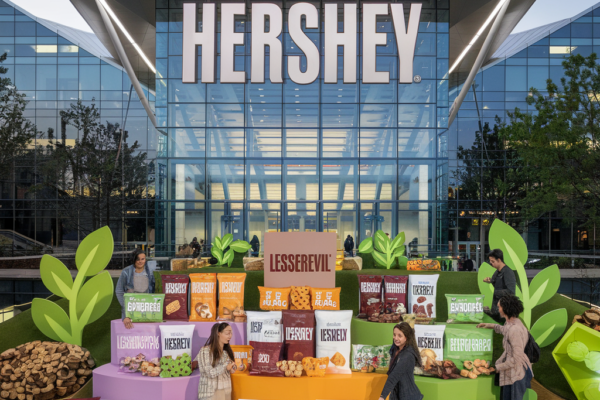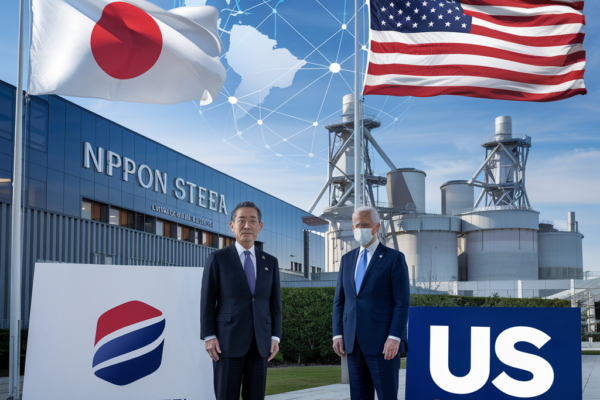Kroger’s M&A Funding: Fueling Grocery Industry Consolidation
Key Highlights:
- Kroger secures significant M&A funding, positioning itself for strategic acquisitions.
- The grocery industry is witnessing increased consolidation driven by changing consumer preferences and technological advancements.
- Investor sentiment towards grocery chains remains positive, driven by the potential for operational synergies and market expansion.
Current M&A Landscape: Favorable Conditions for Retail Consolidation
The current market conditions favor M&A in the retail sector, particularly in the grocery industry. The COVID-19 pandemic has accelerated the trend of consolidation, as retailers seek to enhance their market presence and operational efficiency. A report by McKinsey notes that investor sentiment towards grocery chains remains positive, driven by the increasing demand for online shopping and delivery services.
Kroger’s Strategic Rationale: Expansion, Technology, and Market Entry
Kroger’s strategic goals with this funding include expanding its market presence, investing in advanced technology, and enhancing its e-commerce capabilities. The company is likely to target acquisitions that align with its business model, focusing on retailers with strong online platforms or operational synergies. A report by BCG suggests that Kroger might consider acquiring smaller regional players to strengthen its local market presence.
Historical Context: Significant M&A Events in Grocery Retail
Notable past M&A events in the grocery sector include Amazon’s acquisition of Whole Foods Market in 2017, which significantly altered the market dynamics by integrating high-end retail with online shopping capabilities. Walmart’s historic acquisitions, such as its purchase of Asda in the UK, have also shaped the landscape, demonstrating its global expansion strategy. Kroger itself has engaged in notable M&A activities, such as its merger with Harris Teeter in 2013, which expanded its footprint in the eastern United States.
Competitor Analysis: Adapting to Changing Market Dynamics
Kroger’s major competitors, including Walmart, Aldi, and Amazon, are adapting to or resisting similar strategies. Walmart is focusing on enhancing its e-commerce capabilities through strategic partnerships and investments in technology. Aldi, known for its efficient operations, is expanding its presence through new store openings and strategic acquisitions. Amazon, with its dominant online presence, continues to integrate grocery shopping into its ecosystem, potentially posing a significant threat to traditional brick-and-mortar retailers like Kroger.
Market Impact and Future Trends: Technology-Driven Acquisitions
Kroger’s funding is likely to influence market dynamics by creating a more competitive landscape. A report by McKinsey suggests that future trends in grocery M&A will be driven by technology-driven acquisitions, with retailers seeking to integrate advanced technologies such as AI and data analytics to enhance customer experience and operational efficiency. The integration of online shopping and delivery services will continue to shape the industry, with investors looking for strategic assets that can leverage these trends.





